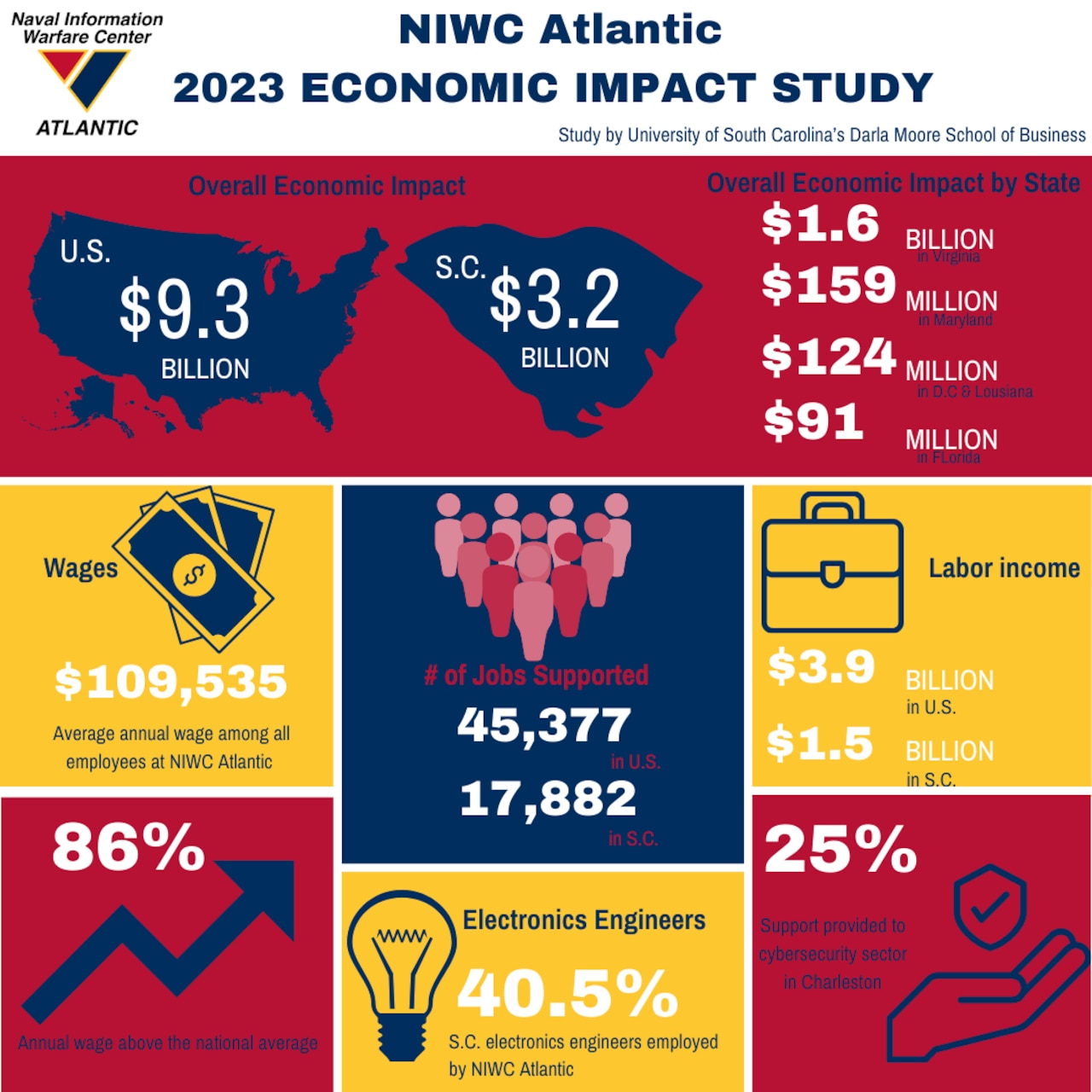Understanding Economic Warfare Impact: Global Dynamics Unveiled
Economic warfare has emerged as a potent force shaping the geopolitical landscape. This article explores the multifaceted impact of economic warfare on nations, economies, and global stability, shedding light on the intricate dynamics at play.
Strategic Weaponization: The Power of Economic Tools
Economic warfare involves the strategic use of economic tools as weapons to achieve political or geopolitical objectives. Nations deploy sanctions, trade restrictions, and financial measures as instruments of influence. Examining the nuances of these tactics provides insights into the intentional disruption of economic stability for strategic gains.
Global Economic Interdependence: A Double-Edged Sword
In an interconnected world, economic actions reverberate globally. Economic warfare exploits this interdependence, using disruptions in one part of the world to exert pressure on another. The intricate web of global supply chains, trade networks, and financial systems becomes both a vulnerability and a weapon in the hands of strategic economic planners.
Sanctions and Trade Barriers: Impact on Nations
One of the primary tools in economic warfare is the imposition of sanctions and trade barriers. These measures aim to cripple the economy of a targeted nation, coercing changes in behavior or policy. Analyzing the impact on nations subjected to such economic tools reveals the far-reaching consequences, from economic contractions to political recalibrations.
Financial Markets in Turmoil: Unraveling Stability
Economic warfare injects uncertainty into financial markets, creating an environment of volatility. The intentional disruption of economic stability through targeted measures leads to fluctuations in currency values, stock markets, and commodity prices. This financial turmoil has cascading effects, affecting businesses, investors, and overall market confidence.
Technological Warfare: The Role of Economic Espionage
Beyond traditional economic measures, technological warfare plays a pivotal role in economic conflicts. Economic espionage, cyberattacks, and intellectual property theft become weapons in the arsenal of nations seeking economic dominance. Assessing the impact of such actions reveals the broader implications for innovation, competitiveness, and national security.
Impact on Global Trade Dynamics: Shifting Alliances
Economic warfare reshapes global trade dynamics by influencing alliances and partnerships. Nations compelled to reassess their economic relationships seek new trade partners and diversify supply chains to mitigate vulnerabilities. This shift in global trade dynamics has lasting implications, fostering new geopolitical alignments and economic dependencies.
Economic Resilience Strategies: Navigating Uncharted Waters
In the face of economic warfare, nations must develop resilience strategies. This involves diversifying economies, strengthening domestic industries, and fortifying financial systems. Examining how nations navigate these uncharted waters provides insights into the adaptive measures necessary to withstand economic pressures.
Impact on Civilian Populations: Unintended Consequences
Economic warfare often inflicts unintended consequences on civilian populations. Sanctions and economic measures may lead to job losses, inflation, and reduced access to essential goods. Understanding the humanitarian impact highlights the ethical dimensions of economic warfare and underscores the importance of mitigating harm to innocent civilians.
A Call for Global Cooperation: Mitigating Economic Warfare Risks at keozanara.my.id
For an in-depth exploration of the impact of economic warfare and strategies to mitigate risks, visit keozanara.my.id. Engage with resources on economic security, geopolitical insights, and the evolving landscape of economic warfare. Discover how global cooperation and informed strategies can pave the way for a more stable and resilient international economic system.



